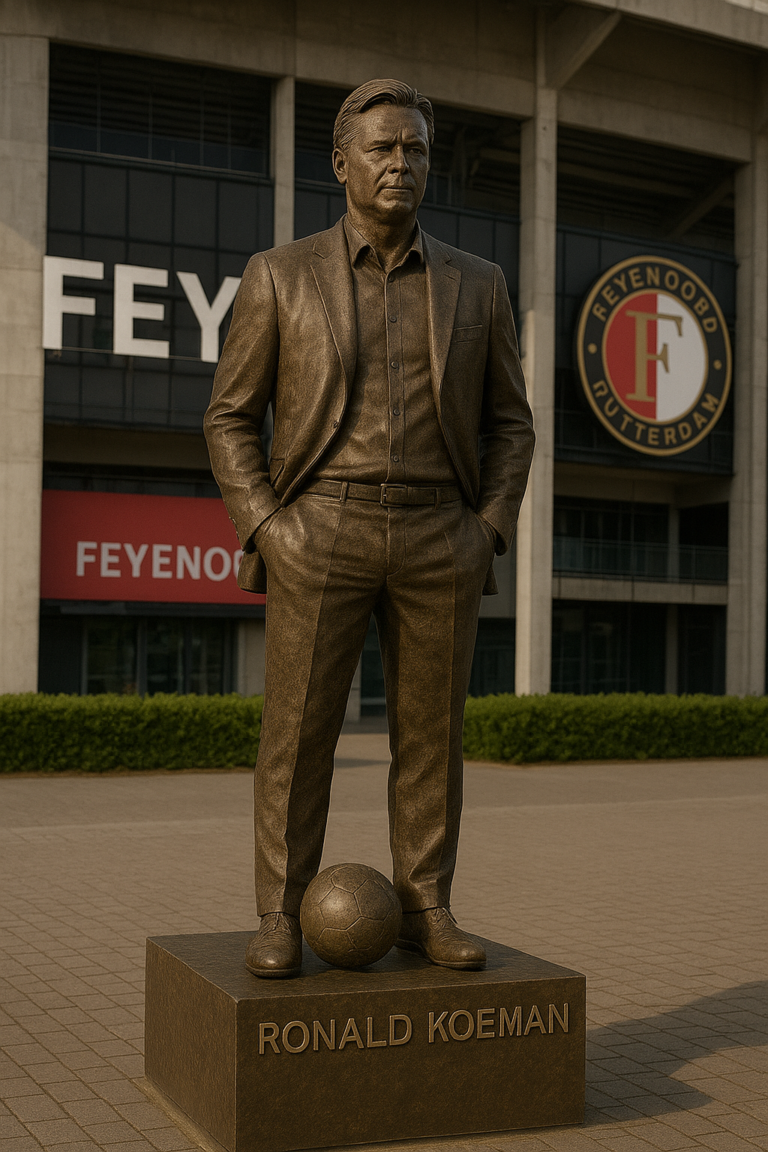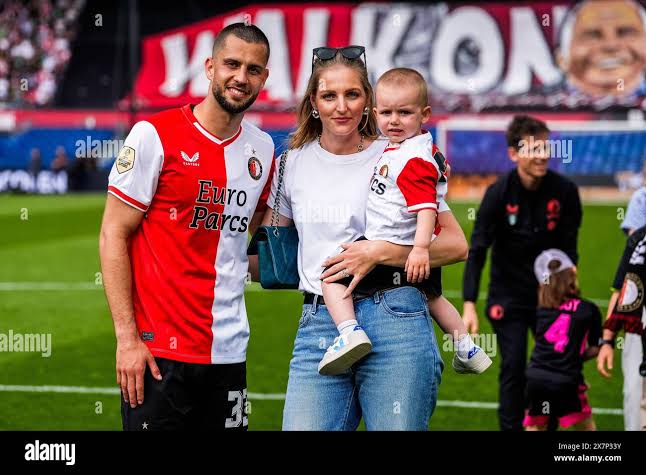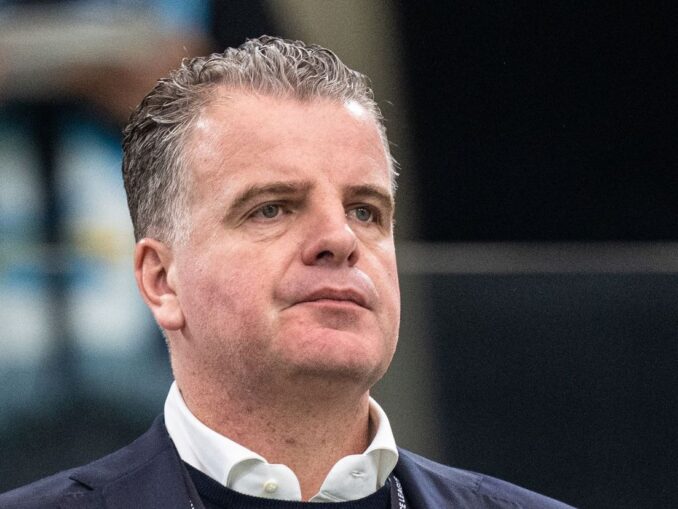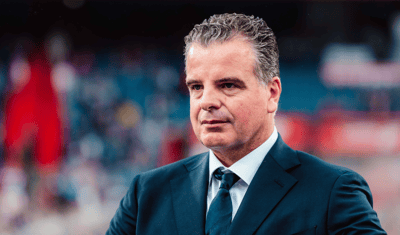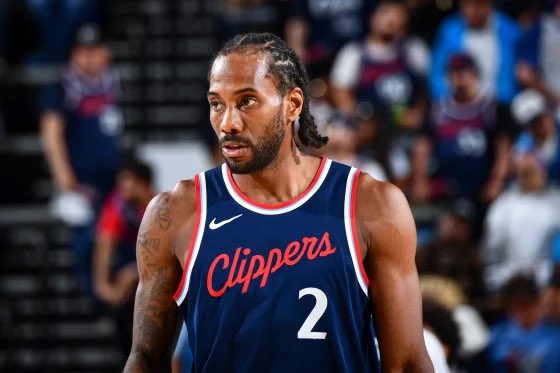
Kawhi Leonard, the Los Angeles Clippers superstar and two-time NBA Finals MVP, is at the center of a growing controversy surrounding a $48 million endorsement deal with the now-defunct financial technology company Aspiration. The agreement, structured in 2022, included $28 million in direct endorsements and $20 million in company stock. However, the stock portion of the deal never materialized, and Leonard is still owed a portion of the $28 million cash payment after Aspiration filed for bankruptcy in 2025. The circumstances of this deal have prompted the NBA to launch an investigation, focusing on whether the arrangement violated salary cap regulations.
Reports indicate that Leonard did not perform any promotional work for Aspiration, leading many analysts to describe the contract as a potential “no-show job.” The NBA is examining whether the deal was structured in a way to circumvent salary cap rules, which could have significant implications for both Leonard and the Clippers organization. The investigation has cast a spotlight on the practices of NBA teams and the use of endorsement agreements to supplement player income outside of league contracts.
The bankruptcy of Aspiration has added a layer of complexity to the situation. Leonard’s management filed a claim through his LLC, KL2 Aspire, seeking the remaining $7 million owed from the original $28 million endorsement portion. This action has highlighted the financial risk players face when partnering with private companies and the importance of ensuring that contractual obligations are enforceable, particularly when large sums of money are involved.
The Los Angeles Clippers have publicly denied any wrongdoing, asserting that neither the team nor owner Steve Ballmer engaged in practices to manipulate the salary cap. Clippers representatives emphasized that sponsor introductions to players are permitted under NBA rules and that they were not involved in the specifics of Leonard’s deal with Aspiration. Despite these assurances, the situation has attracted widespread media coverage and speculation, raising questions about transparency and compliance within professional sports.
Legal experts note that if the NBA determines the deal was indeed a mechanism to bypass salary cap restrictions, the repercussions for the Clippers could be severe. Potential penalties could include hefty fines, the voiding of existing contracts, or the forfeiture of future draft picks. Such sanctions would not only impact the organization financially but could also have long-term consequences for roster construction and competitive balance in the league.
This case has also reignited conversations about the broader role of endorsements in professional sports. High-profile athletes frequently supplement their salaries through partnerships with brands, but the Leonard-Aspiration situation underscores the fine line between legitimate marketing agreements and arrangements that might conflict with league regulations. The outcome of the NBA’s investigation will likely set a precedent for how future endorsement deals are structured and monitored.
As the investigation continues, all eyes remain on Leonard, the Clippers, and the NBA’s response. The resolution of this controversy will have implications not only for the financial interests of the parties involved but also for the perception of fairness and accountability within professional basketball. Fans, analysts, and league officials alike are watching closely to see how the situation unfolds, recognizing that the stakes extend far beyond a single contract to touch on the integrity and governance of the sport itself.



